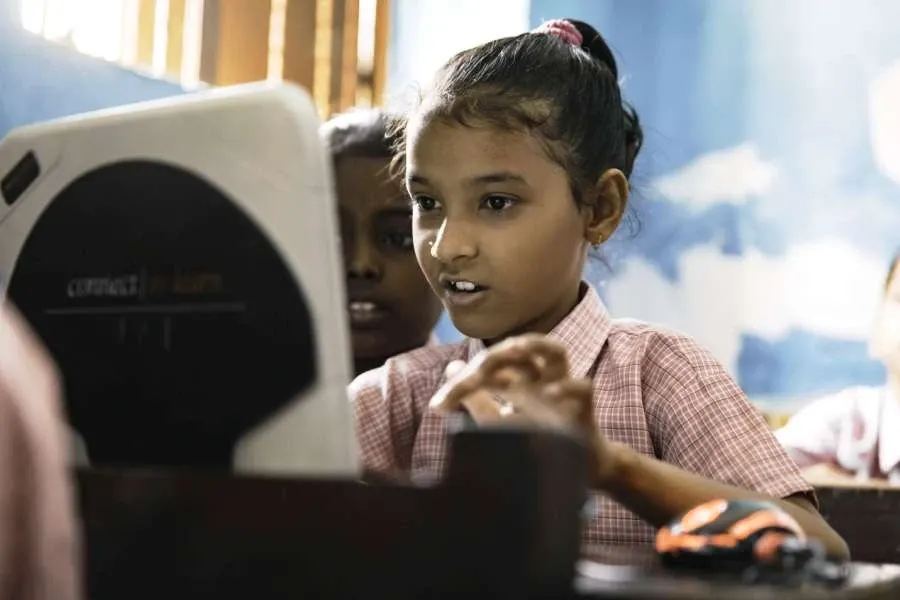Siemens Opens Its Largest Global Research Hub
Siemens has opened the first building complex of its Technology Center (STC) at Garching Research Campus, north of Munich, Germany.

Ericsson and UNESCO have formed a new partnership to educate and empower the next generation, with the partners to develop a new digital skill learning program that has specific emphasis on scaling up Artificial Intelligence (AI) skill development for young people.
With the rapid deployment of advanced technologies such as mobile broadband, cloud, IoT, automation and AI, a new set of skills is required to enter the workforce. There is an unprecedented opportunity to harness technologies and use them to advance not only economies but also to combat some of the world’s looming challenges. Next-generation 5G services are set to play a key role in accelerating digitalization and the impact of technologies like AI.
The impact of AI is also felt across the education sector where it has the potential to increase access, automate process, curate learning and improve outcomes in education. It will continue to bring new opportunities for enhanced learning, new forms of learning and offer more flexible lifelong learning pathways.
With this background, Ericsson and UNESCO are combining their strengths to create opportunities to scale up skill development in AI and other key digital skills for young people. Under the AI for youth initiative the partners will develop and manage a repository of AI and other key digital skill training courses that will be available globally, build capacities of master trainers from selected countries around the globe with advanced knowledge of AI skill development and support master trainers to mobilize AI hub centers and hackathons to train young people on developing AI applications.
“At Ericsson we believe that building strong and viable partnerships is key to meeting the global Sustainable Development Goals. This public private partnership focusing on skill development for Artificial Intelligence is an excellent example of what can be achieved when leaders work together to promote knowledge sharing and cooperation,“ said Heather Johnson, Vice President Sustainability and Corporate Responsibility, Ericsson.
“At UNESCO we think that artificial intelligence is to be put at the service of sustainable development, a whole set of new education and training programmes has to emerge to equip youth with skills required to live and work in artificial intelligence era. Our partnership with Ericsson is critical to advance this agenda,“ said Borhene Chakroun, Director of Policies and Lifelong Learning Division, UNESCO.